Porsche, everyone agreed, trumped the rest of the car companies all over again. As they'd done in Geneva the previous March, they announced some earth-shattering news at an unbelievably early press conference on the first morning of the 2011 Detroit motor show – is 6.30am early enough for you? – so that for the rest of the day everyone else's news seemed just that little bit tame.
See all the best show pics from the Detroit motor show 2011
The news? The arrival on the stand of a magnificent coupe version of the previously seen 918 Spyder, under its own power, and the announcement that the transfer of long-time Porsche technical boss Wolfgang Durheimer would probably result in the development of some co-operative performance cars between Porsche and Bentley. Bentley back to Le Mans? No one ruled it in… or out.
Ford was the biggest mover among American companies. It showed the promised range of four 'electrified' Focus family vehicles, plus an elegant SUV called Vertrek, obviously designed to unify the European Kuga and US Escape models in their next generations (a couple of years away) and to correct the one criticism of the otherwise successful Kuga: that its rear passenger and boot package are on the tight side.
There were strong claims for the sales performance of the recently launched Fiesta (which JD Power says has raised the likelihood of repeat purchases by customers by nearly 30 points to Honda-Toyota levels), which makes the company very optimistic about the new Focus, which is nearing launch.
Read all the latest news from DetroitRead blogs from Autocar's reporters in DetroitWatch videos of some of the Detroit stars at the show
The thing that raises a question mark over the wisdom and success of this so-far-successful 'One Ford' philosophy (under which Ford will sell its mainstream cars in near-identical spec in all major markets) is that Volkswagen chose this show to launch a US Passat, having launched a quite different-looking (and shorter) European Passat a couple of months ago.
Ford says the same products can work everywhere; VW chooses to differ. Who's right? It's possible they both are; more than ever, it will depend on the individual quality of the products.
The other big American companies, GM and Chrysler, were in cautious mood. GM, having just pulled off the biggest flotation in US corporate history, seemed to be showing how well it could guard shareholders' money. Its only launch was the conservative showing of the Buick Verano (a booted Astra), which is supposed to sell against the Lexus IS and BMW 3-series. It was no oil painting, but had a price advantage. And Buick has been expanding quickly in America.


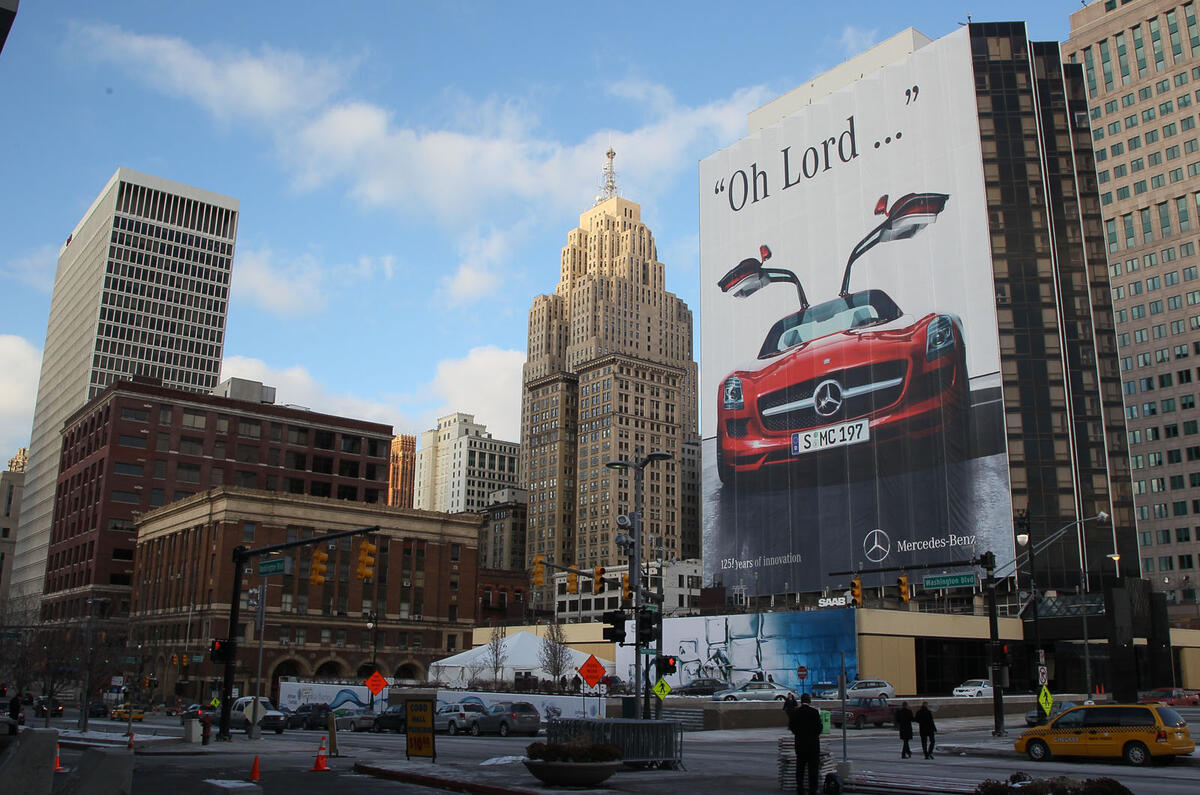
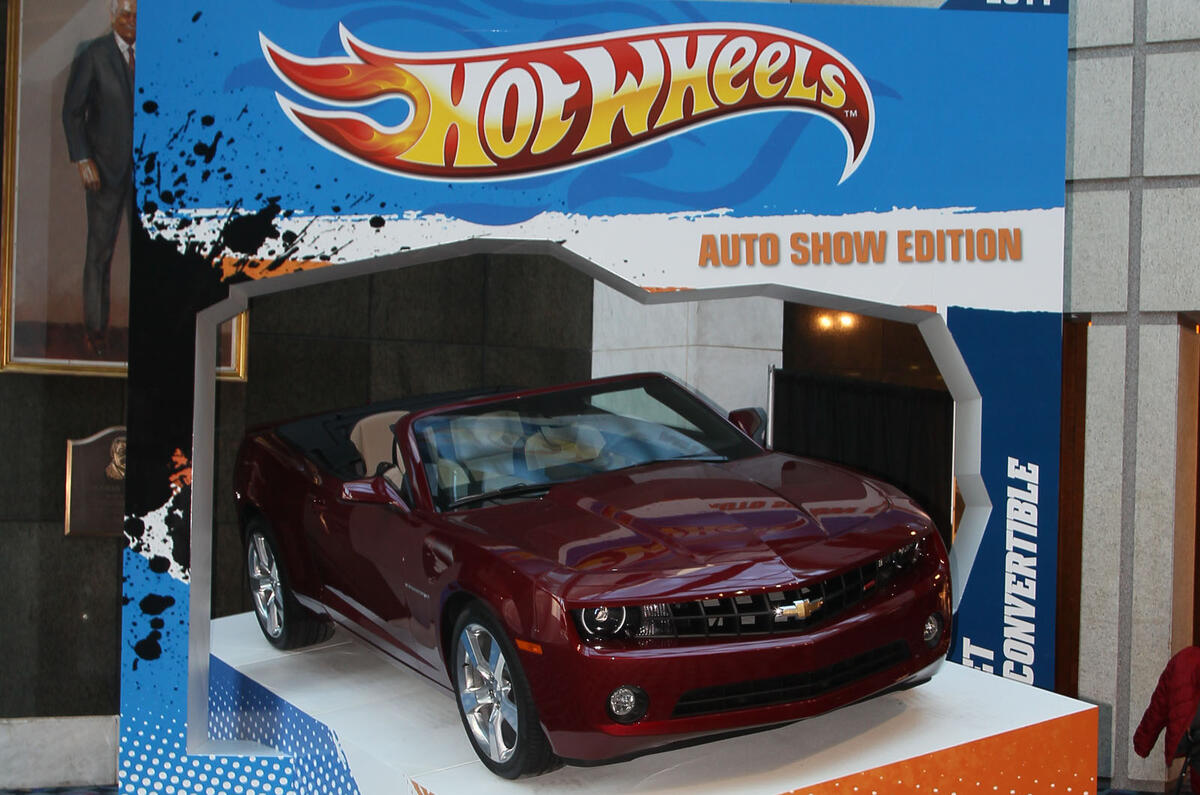
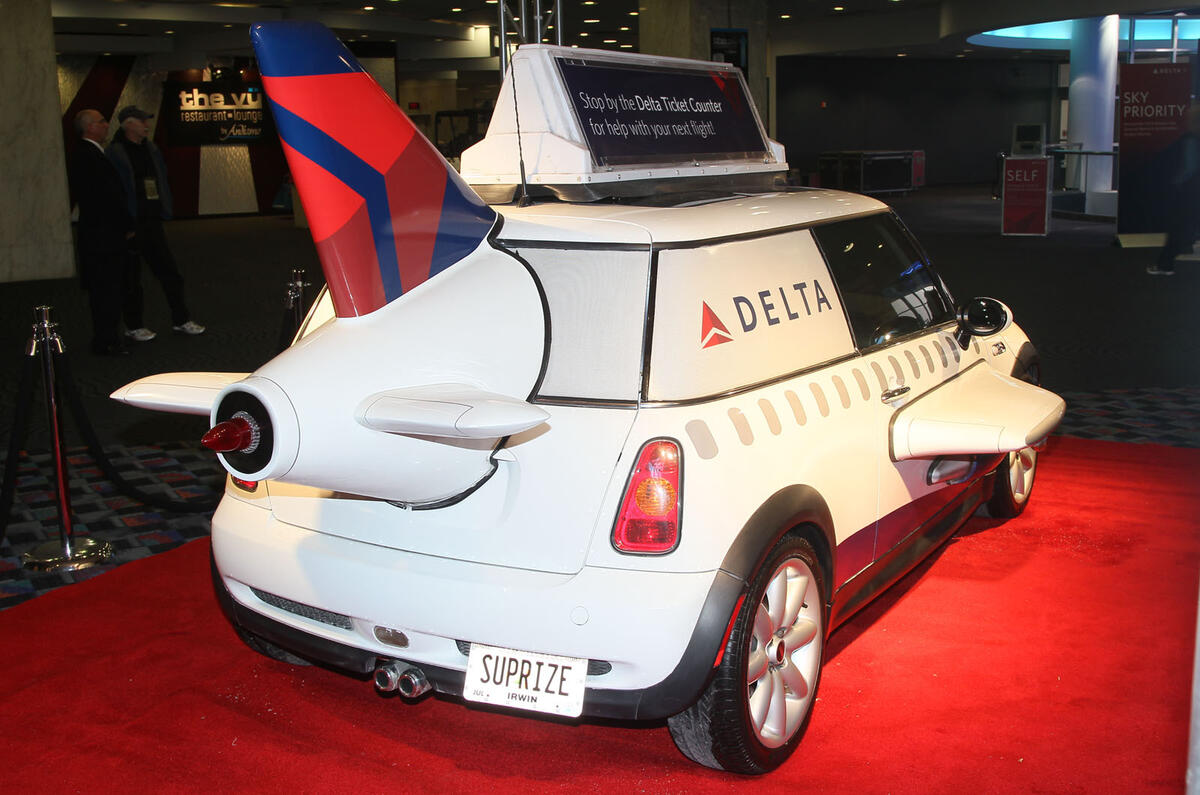
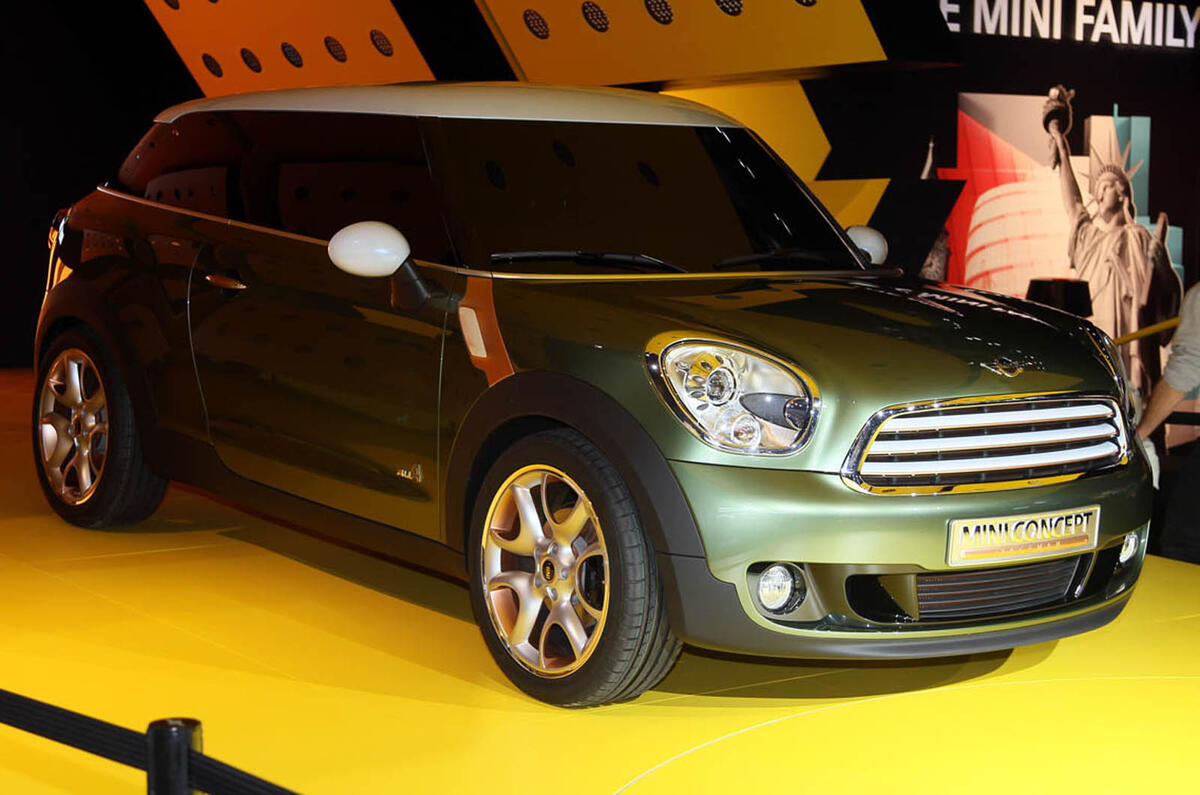
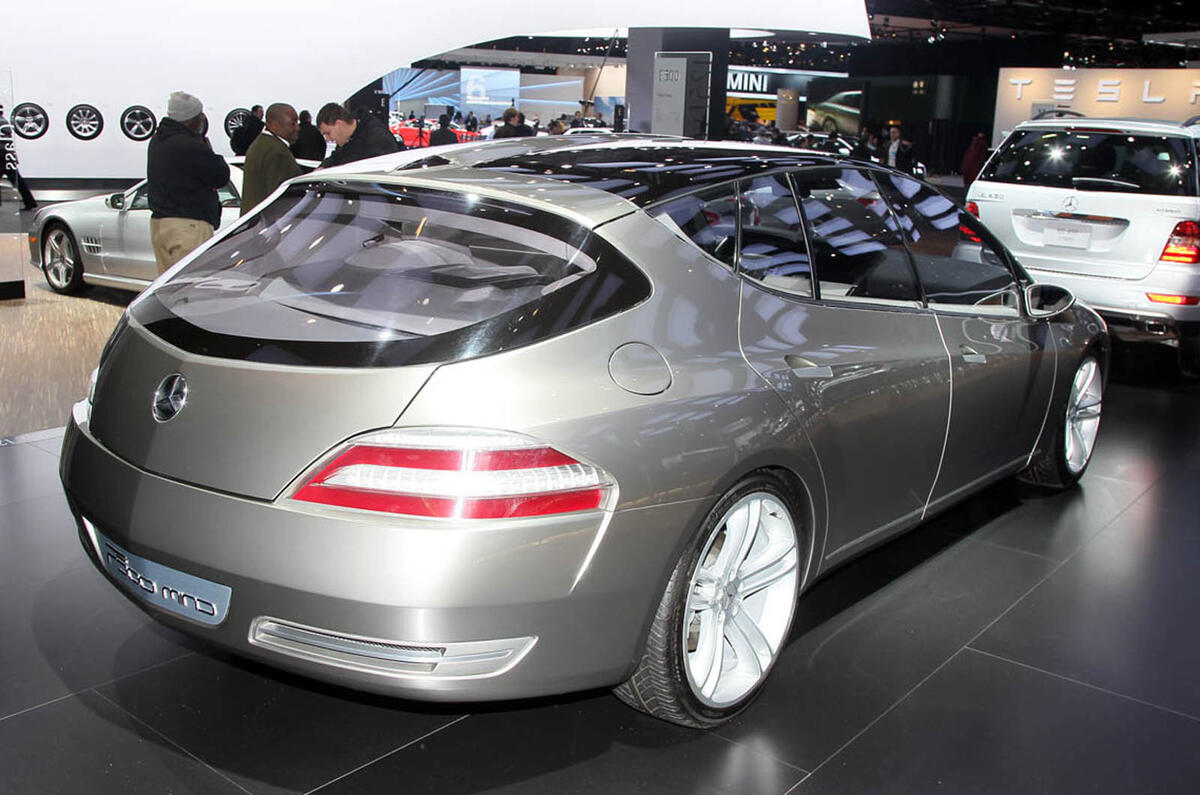
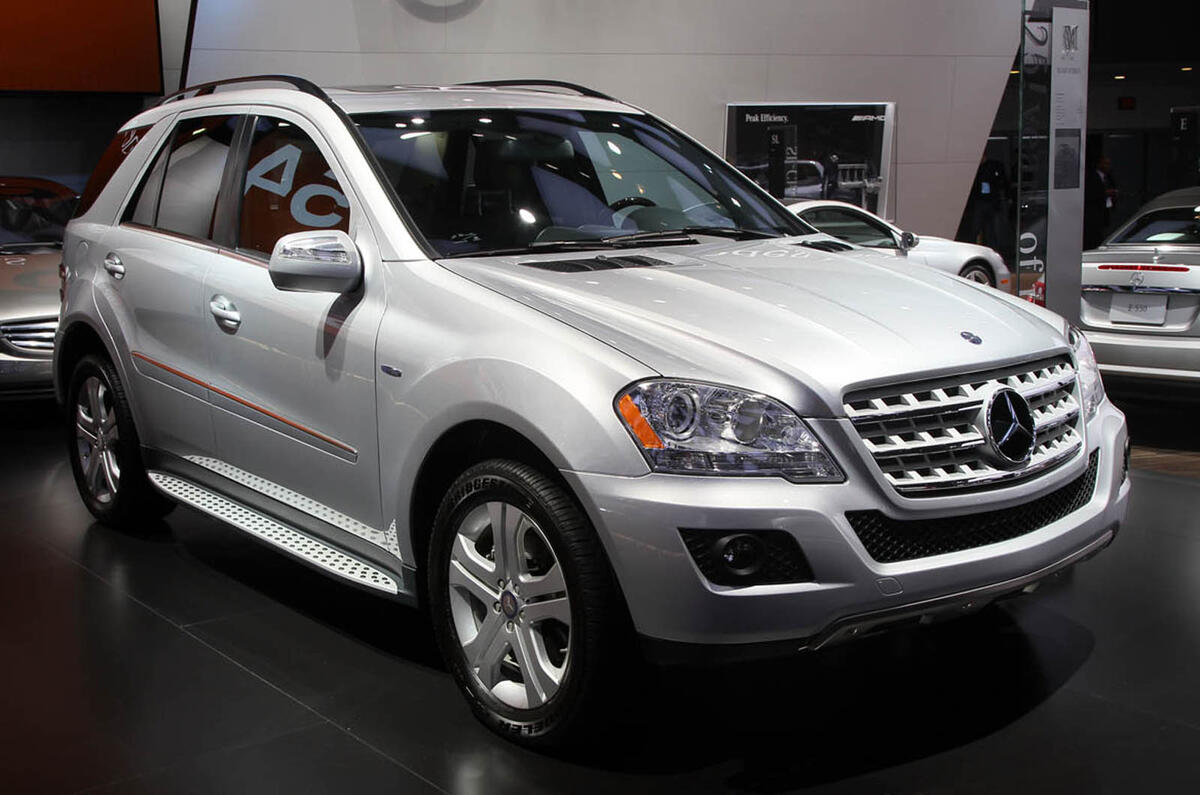
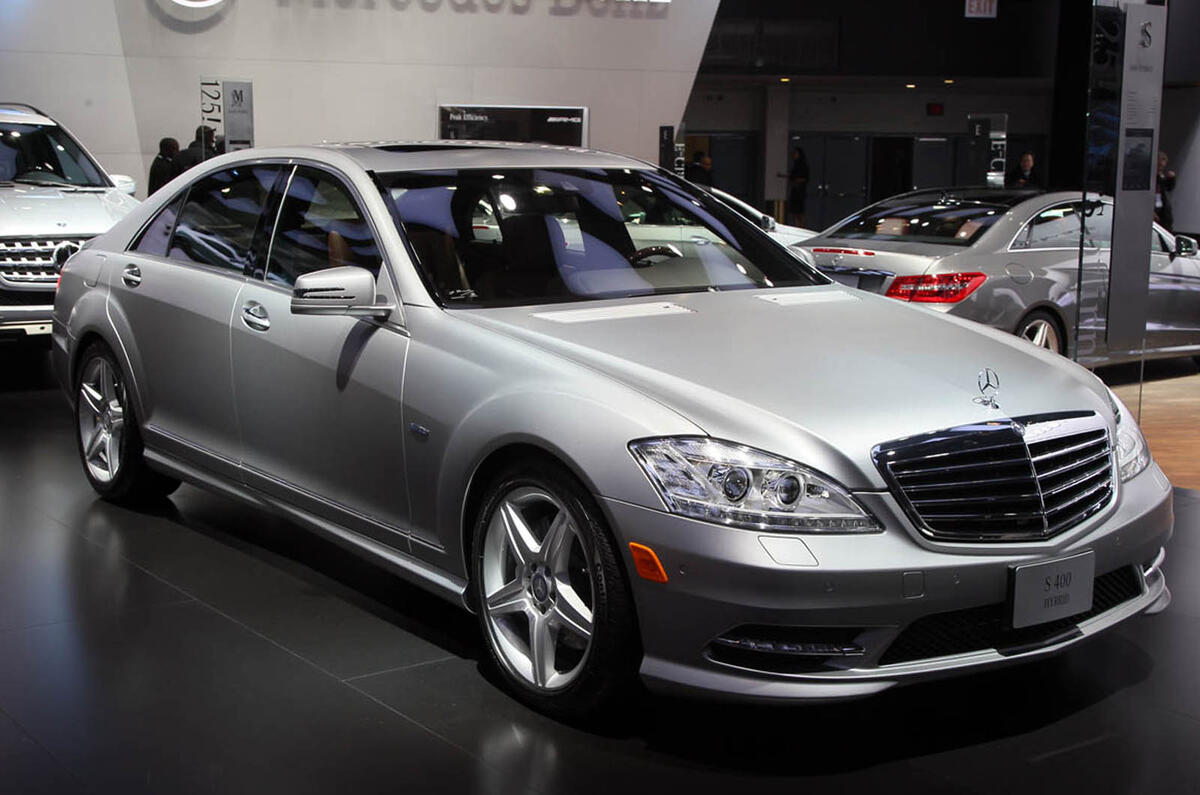
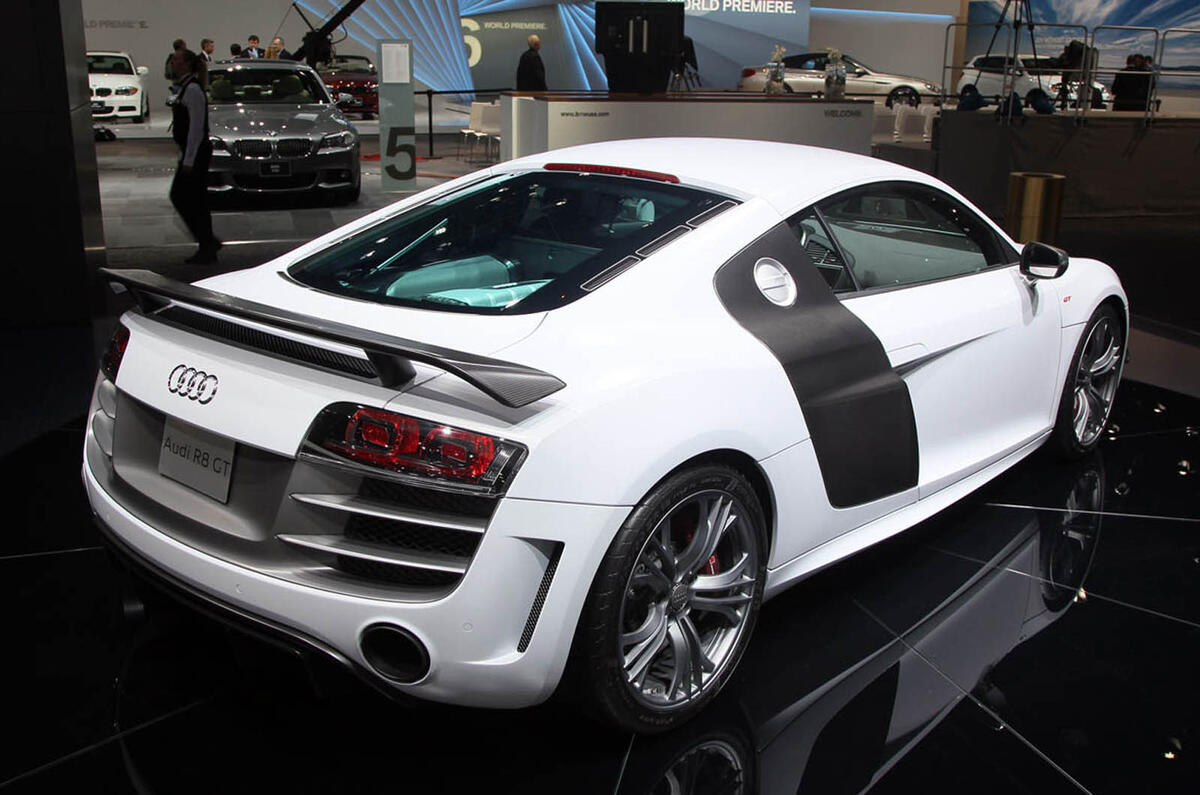
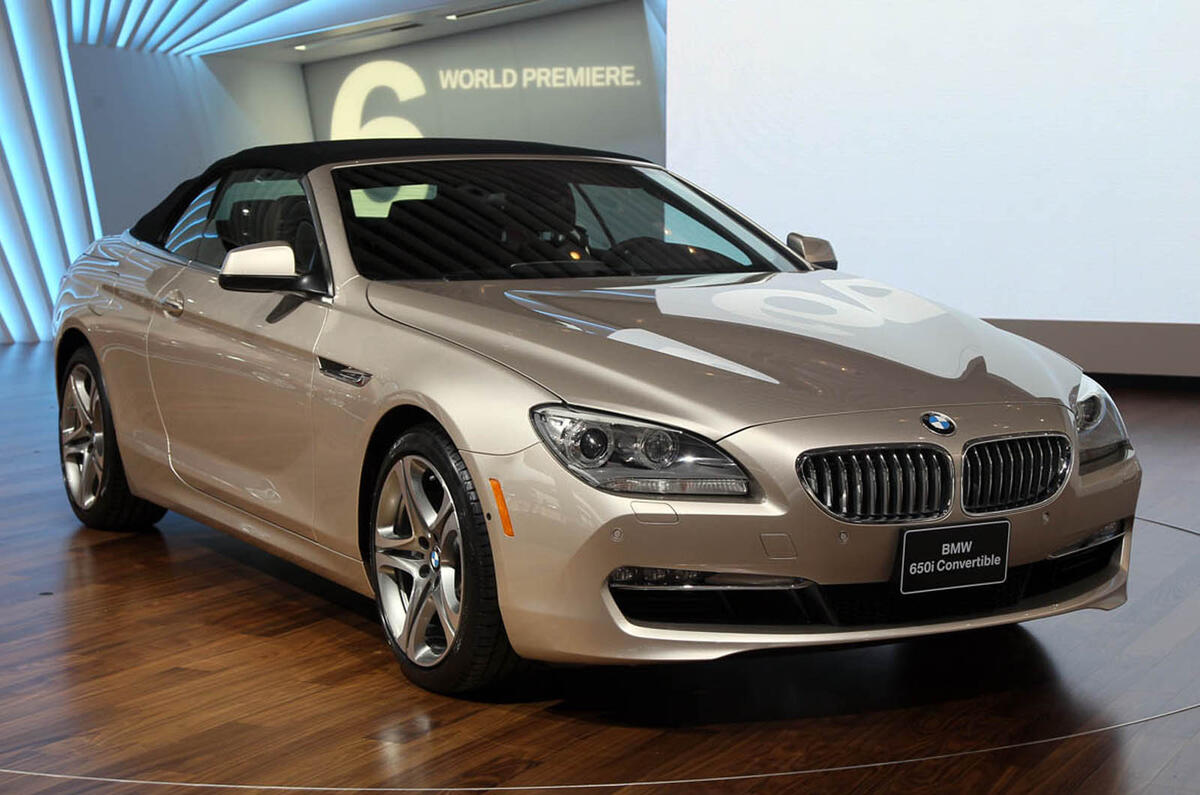


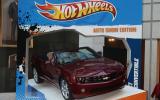
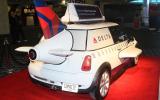
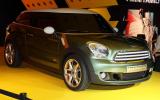
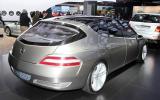
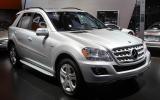
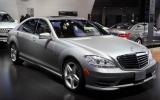
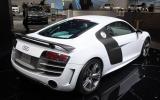
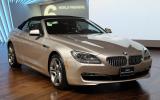







Add your comment